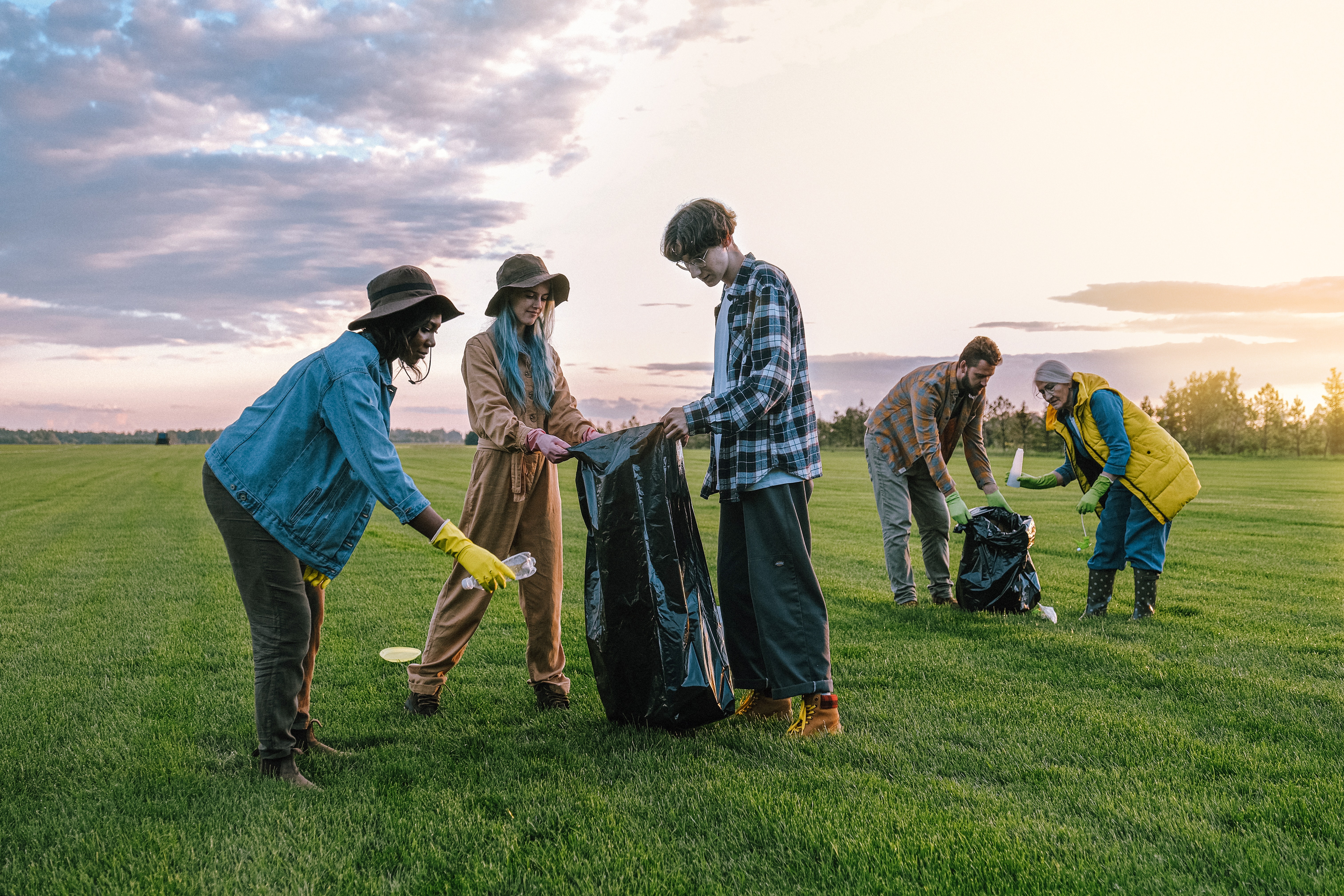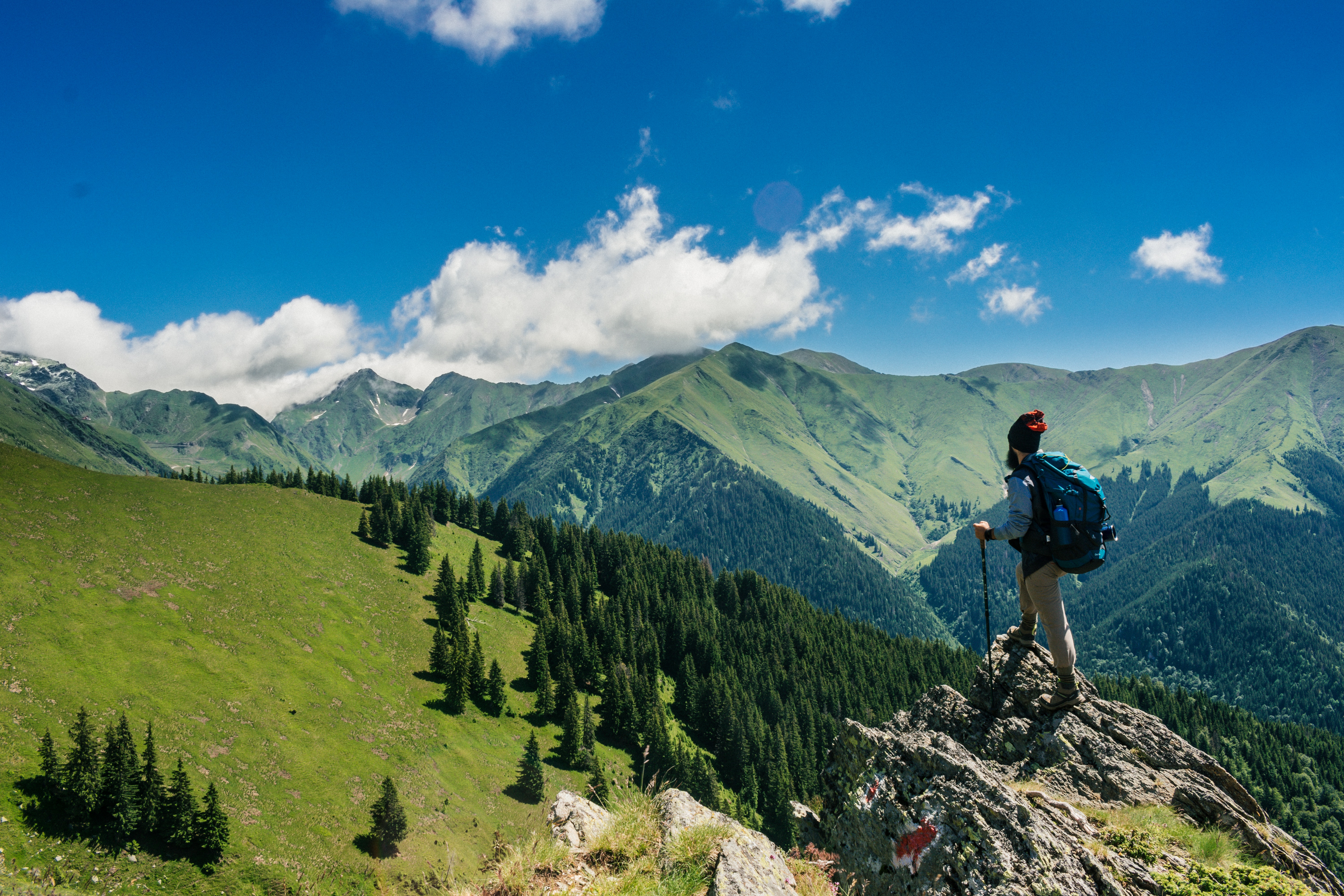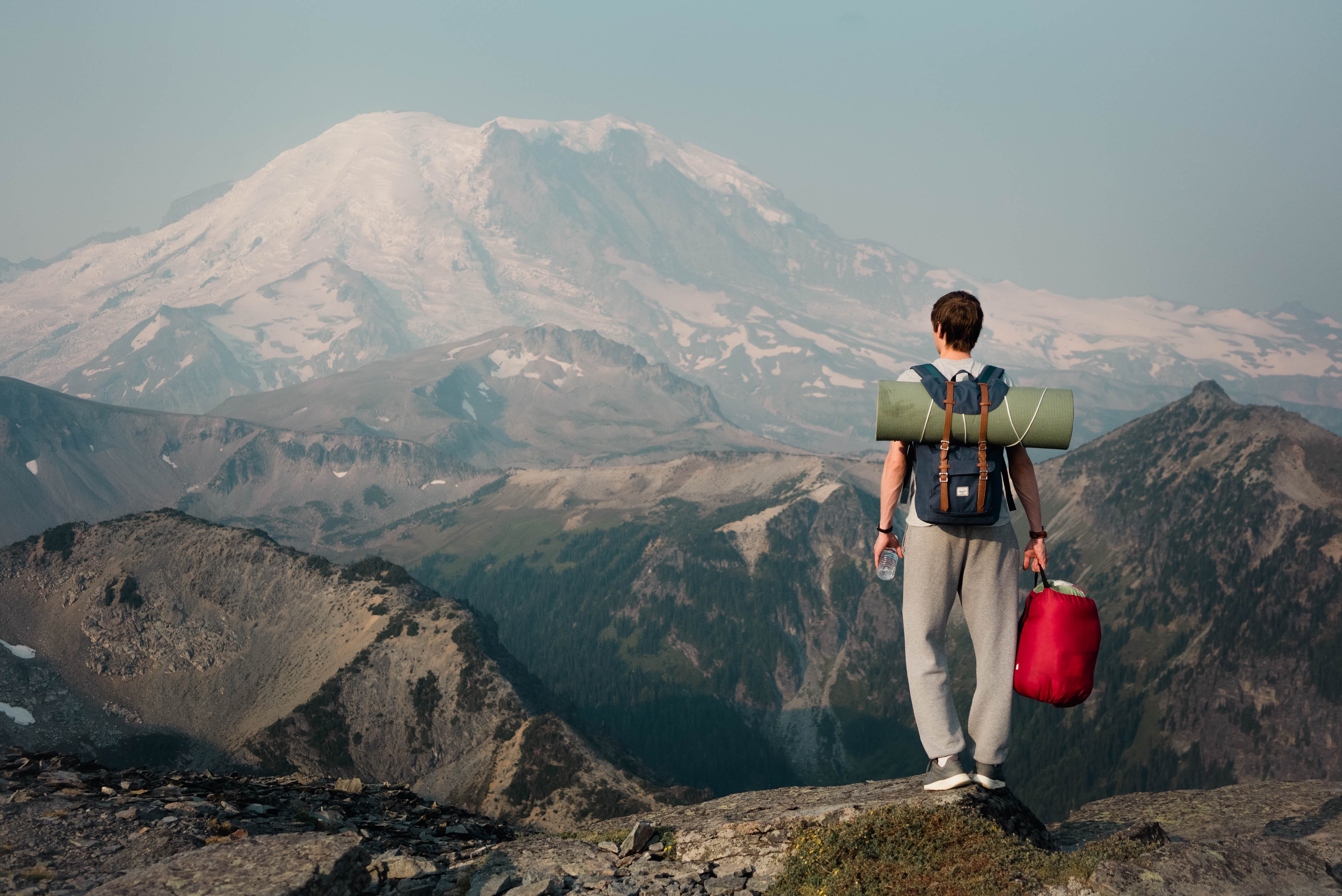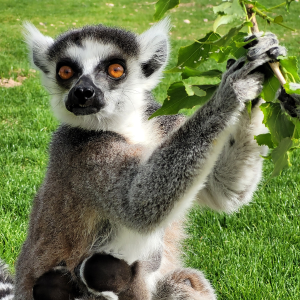We all love to take a trip to the mountains to enjoy nature, a good day of exercise in the fresh air, and to be in connection with the environment.

Take some bags for waste
We all know that in nature we cannot throw away any kind of waste, such as packaging or tissues, and neither can fruit peels or leftover food, because, although they will disappear in a few hours, they can modify the food chain of animals.
It should be borne in mind that if we leave some kind of peel, such as a harmless banana peel, other people may do the same. Faced with this new type of food, some animals may wait for these "gifts" to arrive, modifying their usual behaviour.
To avoid this, it is best not to leave anything behind, even if it is organic.
You can separate this waste into biocompostable bags, depending on whether it is organic or recyclable, and put it in the corresponding container when you arrive in your city.
In addition to this care with waste, a good practice is to always carry a biocompostable bag with you, as well as gloves, to pick up the waste you find on the route.
Many associations go on nature outings to clean up mountain trails and beaches, collecting dozens of plastic bags and other rubbish, leaving the environment much better than it was before.

We too can make a difference with this small action by picking up the papers, bags and packaging we see in nature, and thus keep the environment free of litter.
A small gesture for us with a big impact on the environment.
Do not pick up plants or stones
Walking through the mountains you will see beautiful flowers, especially in spring. You will also see very curious stones, of different minerals.
All this is great, being one of the reasons why we go out in the mountains, as long as we keep in mind that the flowers, animals and stones we see are only for that, to see them and capture them in a photograph, never to take them out of their habitat and take them home.
Even if we see a field full of flowers, and we think that if we pluck a couple of them nothing will happen, we often don't know if it is an endangered species (and that field full of flowers is a one-off event), or if we are going to damage the environment.
That is why the best option is not to pick anything, and if we like something, take some photos of it to keep it in our memory.
That way we can come back the following years and find a better spectacle of nature.

Pets should always be kept on a leash
If we have pets, especially dogs, and we want to go with them to the mountains, we should always keep them on a leash, as being in a natural environment awakens their hunting instinct, and they can run off in pursuit of any animal in the area.
No matter how well educated our pets are, this is an instinctive behaviour that we can only avoid by keeping them tied up so that they do not run away from us, thus avoiding this unpleasant situation.
In National Parks it is compulsory for pets to be kept on a leash at all times, but we should extend this behaviour to any natural place, as pets do not distinguish between one place and another, only when they have seen a possible prey and want to go after it.

Cloth bags for food
The most desired moment whenever we go out to the mountain is to stop our steps in an idyllic place to taste our food and enjoy the views.
It is a precious moment in which the group shares the sensations of the route and what you have taken to eat. But have you ever noticed how much packaging we use to wrap our food?
Albal paper, cling film, plastic bags, etc. All this single-use material can be replaced by special cloth bags for food, which are reusable and have an internal lining to prevent liquids from escaping and odours from sticking.
Another option is to use tupperware, both plastic and aluminium, which can keep food hot or cold for longer.
Simple, affordable solutions that save a lot of single-use packaging.
Buy snacks in bulk
Whenever we go on a trip to the mountains, in addition to the main meal, we always take snacks to nibble on the way, such as nuts and biscuits.
These foods are usually sold in plastic wrappers and sometimes, in the case of biscuits, in individual packets.
To avoid all this unnecessary waste we can buy our nuts and biscuits in bulk, so we use our own packaging (such as cloth bags or tupperware) and can buy as much as we need.

Use public transport
It is common for us to travel to the mountains in our own car. If there are several of us, occupying four or five seats in the vehicle, then we have made good use of the space it has, spreading our CO2 footprint.
But sometimes we want to go alone, or with just one other person. In this case we can check whether public transport reaches the place we want to go, reducing our CO2 footprint, or invite more friends to make the most of the journey.

Hire local guides
When we travel to mountain areas in other countries it is advisable to hire a guide, as they know the area better and we can be sure that we will not get lost or have problems if the weather changes.
This is a practice that gives us security, and that can support local employment.
To achieve the latter, it is advisable to look for companies that hire local guides, so that the commercial activity has a positive impact on the area, improving living conditions and local development.

We hope these tips will help you to enjoy the mountains and your trips to nature even more.
Of course, these are just a few tips for you to take into account some points in which we can be more sustainable, with actions that do not involve much effort, and do improve our relationship with the environment.





